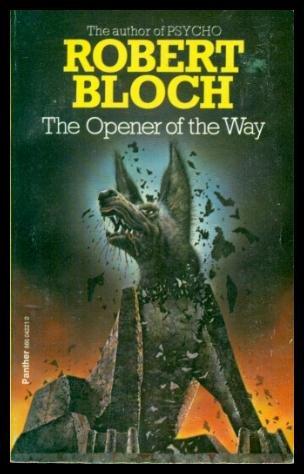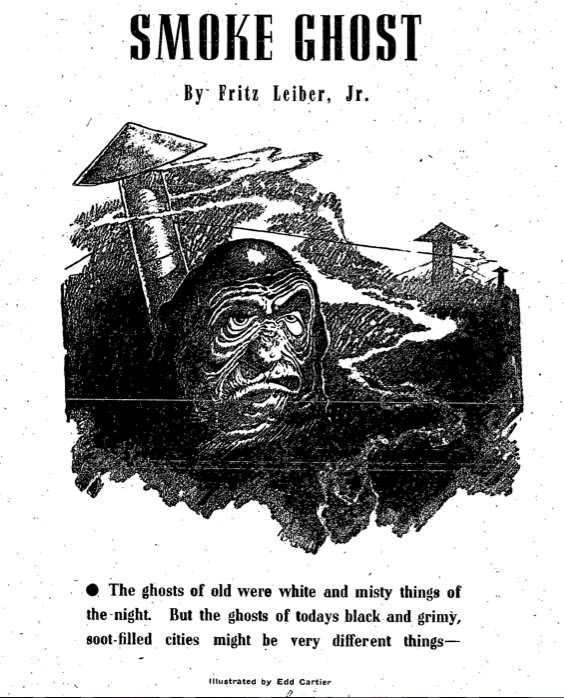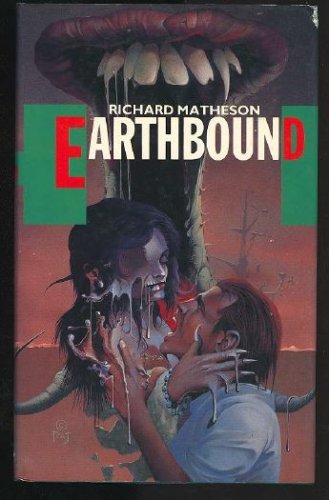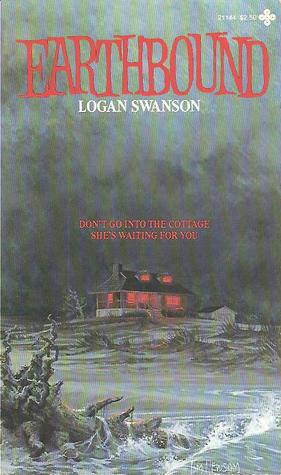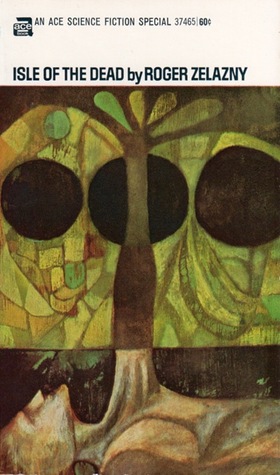
Roger Zelazny’s Isle of the Dead takes me back to my golden age.
By Scott A. Cupp
This is the 207th in my series of Forgotten Books.
They say the golden age for reading science fiction is 15. I think the same is true for discovering rock-n-roll. Whatever you are listening to when you are 15 is permanently ingrained in your genes. My golden age was the Summer of Love, with the dawn of the psychedelic era. Jefferson Airplane, Jimi Hendrix, the Electric Prunes —these were my rock gods.
In the science fiction field, that period also heralded the arrival of the New Wave. We had Harlan Ellison screaming in the wind and both new and established writers breaking the molds. Around that time, I also began to have income, and suddenly there was great science fiction out there and I was loving it! Amazing writers were everywhere! Samuel R. Delany was blowing my mind. J. G. Ballard was writing condensed novels that I wasn’t sure I understood but were interesting and provocative as Hell. Thomas M. Disch, Ursula K. LeGuin, Phil Dick – they were all there. Fritz Leiber reinvented himself. The books were plentiful and they were cheap — 60 or 70 cents got you paperbacks from the Ace Science Fiction Specials or any of the other publishers who were taking my money.
Chief among these writers, to me, was Roger Zelazny. When I read “A Rose for Ecclesiastes” my mind exploded!!!! Four For Tomorrow also had some great novelettes. When I read “The Door of His Face, the Lamps of His Mouth” what little brain I had left was gone.
Soon I had also read Lord of Light, This Immortal and The Dream Master. Zelazny may not have been my favorite writer (that was PKD), but he was in the top five! So, in 1969 when Isle of the Dead came out, I bought it at the PX on Ft. Sam Houston and went home to read it. It became my favorite RZ novel. Somewhere in the mid 1970’s I read it again, I felt the same. Others go gaga over Nine Princes in Amber. I read that too, but Isle stayed in the top position. I liked Amber, but it was not my number one.
So much for back story. Reading Isle of the Dead for the first time in 45 years or so, I discovered that I could not remember anything about it other than the main character’s name. This time, it was like reading a new book for the very first time.
Francis (Frank) Sandow is a human, over 500 years old. He is also Shimbo of Darktree, the Shrugger of Thunders, one of the Named Gods, a world shaper, the only non-Pei’an (i.e. the only human) member of the Named. He is incredibly wealthy and reclusive. The arrival of three messages simultaneously shake his world. One is from his mentor, Marling, who is in the process of dying and wants Frank to come perform various rites used in the passing of the Named. Frank has time. The second message is from Earth, where the Central Intelligence Bureau wants to talk with him. The third is from an old lover, Ruth, and it says “Come now” and includes a recent photo of Frank’s dead wife.
He decides to visit Ruth, but her house is empty and for sale, but she has left a note for him. He visits Marking and helps ease him on to the next level. From him, Frank learns about Green Green, a Pei’an who had not been selected for a Named avatar even though he successfully completed all the required tasks and tests. Green Green also bears a grudge against Frank even though they have never met or interacted.
Green Green’s real name is Gringrin and, among other things, he has stolen the life tapes of several of Frank’s lovers, friends and enemies. He has gone to one of the worlds Frank constructed, Illyria, reconstituted Frank’s friends and enemies and placed them on the Isle of the Dead. This pisses Frank off, since this is his world – he designed it and built it. These are his friends and enemies.
So Frank heads to the Isle of the Dead ready for a confrontation, then everything shifts and the story we were expecting is derailed into another one totally.
This is great short novel that I thoroughly enjoyed again. It brought back all the reasons I loved Zelazny’s work. Just not quite as much, since my tastes have changed some over the years. Still, early Zelazny is still worthwhile no matter what you get.
I interacted with RZ several times over the years. I met him at conventions and got many books and magazines signed. Most of them are gone now, sadly. I was called out in the dedication to If At Faust You Don’t Succeed for helping suggest the title. I gave him that one and its corrupted one, If As Faust You Don’t Succeed. I will keep that happiness with me forever. My bookselling partner Willie suggested A Fistful of Thalers, which RZ also called out in the dedication.
As always, your mileage may vary with this book. But I don’t think so. This is quality stuff.
Who are the writers of your golden age?
Series organizer Patti Abbott hosts more Friday Forgotten Book reviews at her own blog, and posts a complete list of participating blogs.

